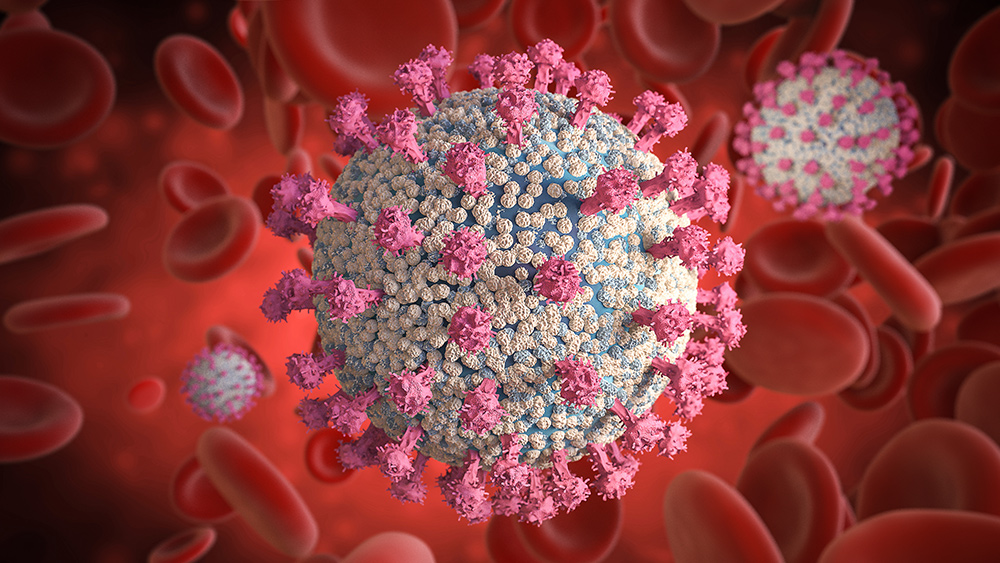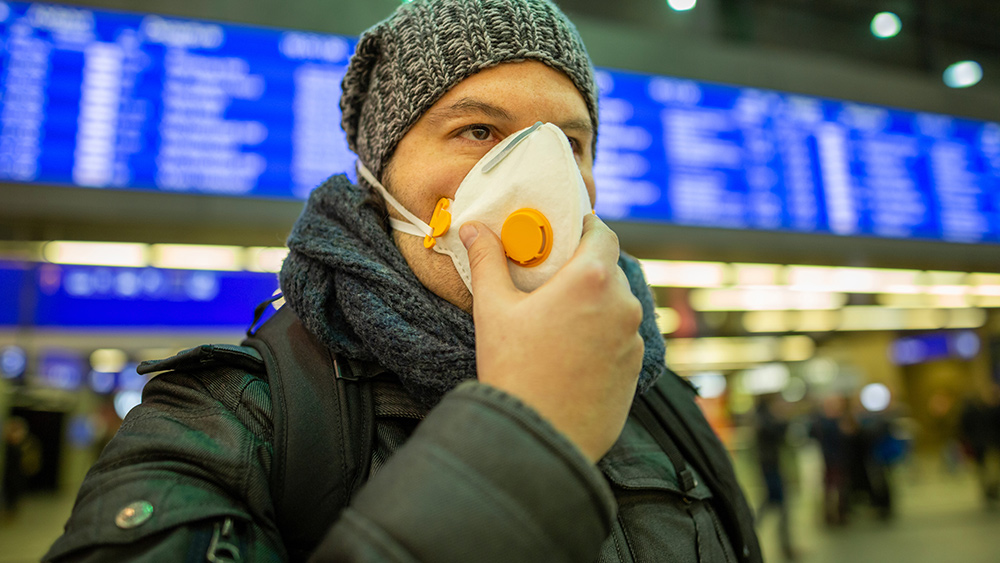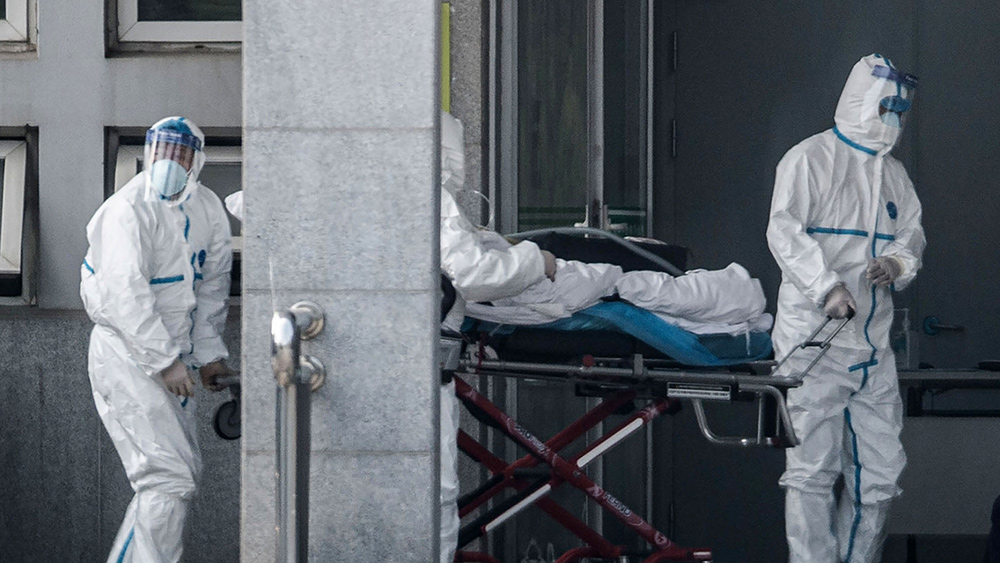Official coronavirus deaths worldwide surpass the 1 million mark
10/07/2020 / By Ramon Tomey

More than one million individuals around the world have died of COVID-19 — the disease caused by the Wuhan coronavirus — as of Sept. 28. The loss of human lives serves as a grim milestone in the spread of this pandemic, which has affected economies and forced paradigm shifts.
According to data from Johns Hopkins University, almost 5,000 coronavirus-related deaths, on average, are reported every day. At the time of writing, the U.S. has recorded 205,000 deaths from the coronavirus — the highest in the world. Brazil comes in second with 142,000 deaths, followed by India with 97,000 and Mexico with 77,000.
The rise of the worldwide death toll to one million rivals some of the most severe public health crises recorded in human history. For instance, it has surpassed annual deaths from AIDS — which killed about 690,000 people last year — and is nearing the 1.5 million yearly fatalities reported for tuberculosis. However, the coronavirus’ death toll is still lower than that of the 1918 Spanish flu pandemic, which claimed about 40 to 50 million lives in the span of two years.
The one million deaths mean more for people whose relatives died of COVID-19
For some people, the number of coronavirus deaths is just a number – until a relative or someone close to them succumbs to COVID-19.
“Numbers are losing their power to shock, but I still think it’s really important that we understand how big these numbers really are,” said Mark Honigsbaum, author of “The Pandemic Century: One Hundred Years of Panic, Hysteria and Hubris.”
Dr. Howard Markel, a medical history professor at the University of Michigan also said: “It’s not just a number. It’s human beings. People we love … our brothers, our sisters. It’s people we know. And if you don’t have that human factor right in your face, it’s very easy to make it abstract.”
Markel, who has advised government officials on how to contain pandemics, experienced the impact of the pandemic himself after his mother died of COVID-19 in February.
The Rev. Mario Carminati opened his church in the Italian province of Bergamo when virus fatalities overwhelmed cemeteries. Bodies came in as fast as they were carted to a crematory. It was only when Carminati buried his 34-year-old nephew that he realized how the pandemic’s grasp endured.
“This thing should make us all reflect. The problem is that we think we’re all immortal,” the priest said.
The true extent of coronavirus-related deaths is unknown as some countries conceal key coronavirus information
The actual number of coronavirus deaths worldwide remains unknown, as countries such as China have actively covered up true figures from hospitals and suppressed a number of whistleblowers posting the actual situation on the ground. (Related: Hospital data from Beijing reveals Chinese coronavirus cover up.)
A Chinese database leaked last May showed that China may have a coronavirus caseload amounting to 640,000 — far from the 84,000 cases and 4,600 deaths officially recorded.
The Chinese government, alongside the World Health Organization (WHO), concealed facts about the coronavirus from the rest of the world for at least six weeks, despite the outbreak having begun in in Wuhan. Among the criticisms directed at the WHO was its slowness in recommending travel restrictions and its continued praise of China’s response despite obvious red flags in its data.
By the time world leaders were notified, the coronavirus had already reached different parts of the globe.
Meanwhile, virologist Dr. Li-Meng Yan already had findings about the initial Wuhan outbreak as early as January 2020, but was warned by her supervisor to “keep silent” and “don’t touch the red line.” She then left for the U.S. and has since publicized her findings about the coronavirus, despite being targeted by the Chinese government for exposing the truth.
Learn more about the ongoing coronavirus pandemic and the deaths resulting from it at Pandemic.news.
Sources include:
Tagged Under: China, coronavirus deaths, covid-19, current events, death toll, fatalities, global death count, infection, infections, infectious diseases, outbreak, pandemic, plague, SARS-Cov2, worldwide death count, Wuhan coronavirus
RECENT NEWS & ARTICLES
COPYRIGHT © 2017 MEDICAL EXTREMISM



















